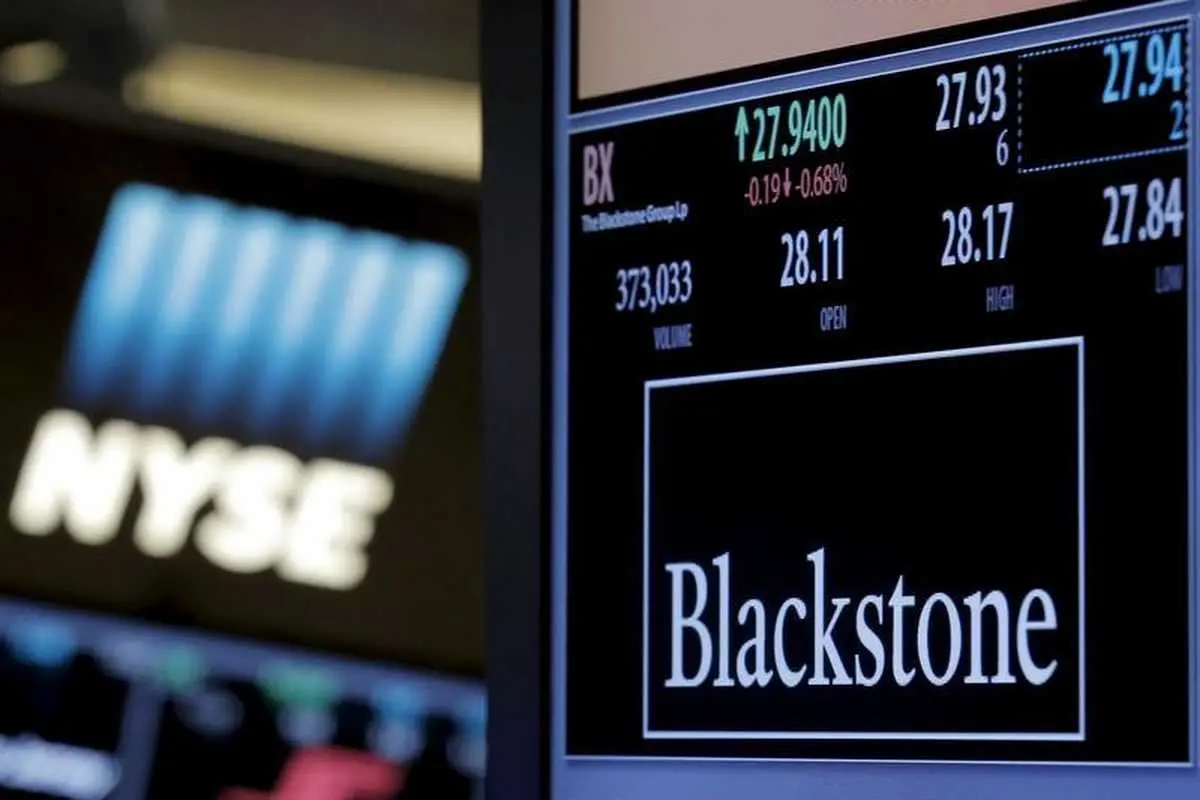PHOTO
NEW YORK - Last week, limited partners in Blackstone’s funds could have bought Dream Global, a listed Canadian real-estate investment trust, for themselves. Now these same investors will pay a control premium and steady fees to be locked into the same asset now that Steve Schwarzman’s firm has snapped it up for $4.7 billion. Oddly enough, the LPs probably won’t mind.
Private real-estate investors have some theoretical edges over publicly listed rivals. They can be more opportunistic at buying in beaten-down markets, and generally use more leverage. They can also dispose of assets quickly in toppy markets. That’s potentially a recipe for high returns in an industry prone to booms and busts. This might be the case for Blackstone, which coincidentally recently closed a $20.5 billion global real-estate fund.
Yet the strings that tie down REITs tend to restrain them from getting caught up in blindly following the enthusiasms of the crowd. They must, for example, derive most of their income from real estate and distribute nearly all of it to shareholders. Managers must stick to their remit and have less capital to blow at the top of the cycle. During the real-estate boom in the middle of the 2000s, REITs acted as a moderating force.
While individual private investors can outperform, particularly over the short-run, REITs collectively have done better over the long haul. Listed REITs had an average annual return of 11% over nearly two decades ending in 2016, compared to 8.3% for unlisted real estate, according to a study by CEM Benchmarking of pension funds managing nearly $3.5 trillion of assets. Yet these institutional investors allocated about six times as much to unlisted real estate as they did to listed REITs.
One reason, perversely enough, is opacity. REIT valuations fluctuate daily according to market whims. Private investors, on the other hand, generally only provide estimates quarterly, and in practice there’s some latitude in inferring the value of buildings when comparisons are inexact. The result is smoother performance in appearance, but not in reality. It’s a comfortable, but costly, illusion.
CONTEXT NEWS
- Dream Global Real Estate Investment Trust on Sept. 15 said it had agreed to be bought by funds managed by Blackstone in a deal valued at C$6.2 billion ($4.7 billion) including debt. Shareholders will receive C$16.79 per Dream Global unit, a premium of 18.5% to the closing price on Sept. 13.
- The deal will need approval by at least two-thirds of Dream Global unitholders, and a majority of votes cast by unitholders other than related parties and the REIT’s manager, Dream Asset Management.
- As part of the deal, the manager will receive C$395 million, the majority of which is the incentive fee under an asset-management agreement, which had a calculated value of C$379 million.
- On Sept. 11, Blackstone announced it had raised $20.5 billion for its latest global real-estate fund, Blackstone Real Estate Partners IX.
(Editing by Antony Currie and Leigh Anderson)
© Reuters News 2019





















